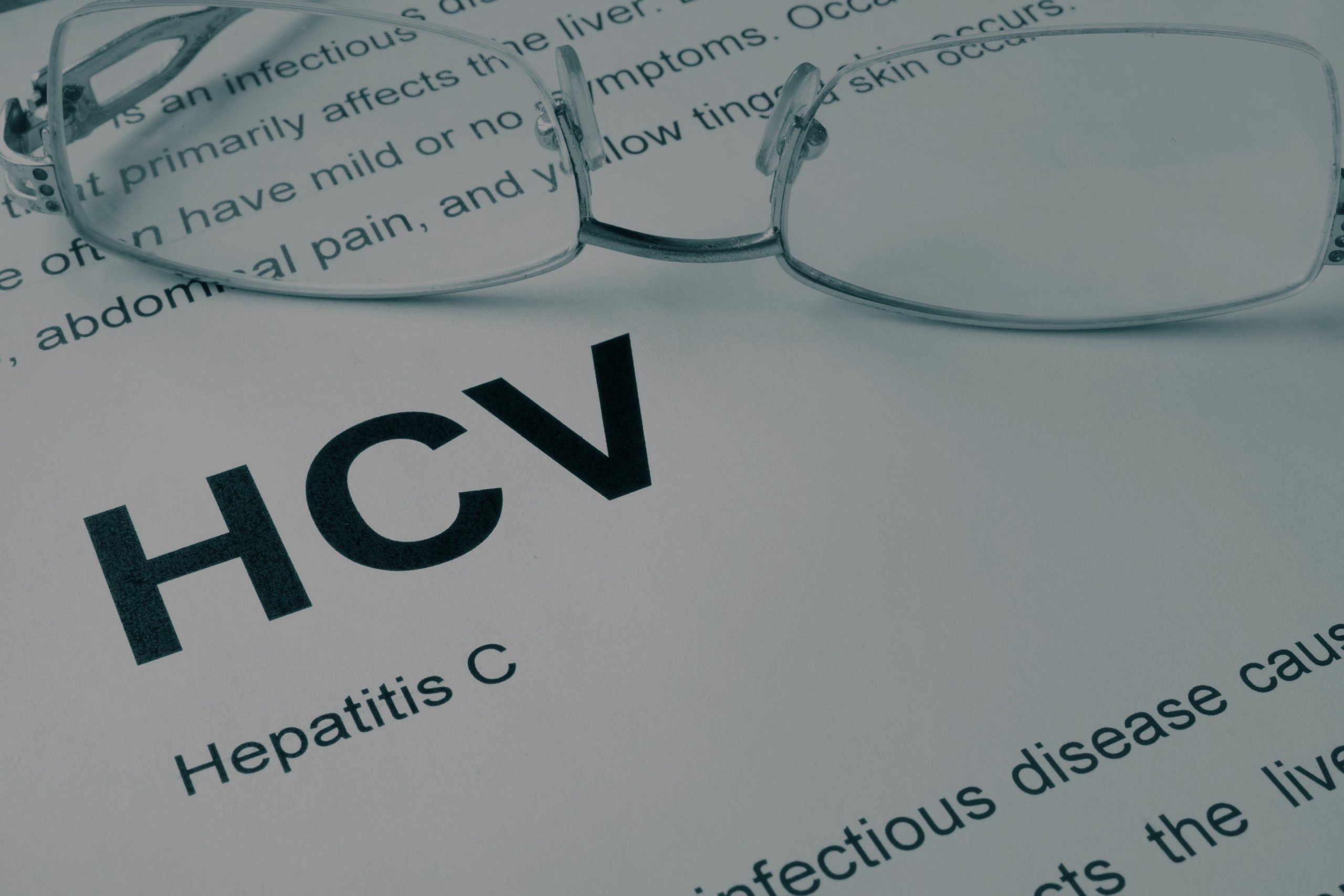
Iowa Lifts Barrier to Accessing Hepatitis C Treatment, but Some Discriminatory Restrictions Remain
Iowa Medicaid no longer requires severe liver damage for patients to access hepatitis C treatment, but strict sobriety and prescriber requirements continue to limit treatment availability.
July 1, 2020 – The National Viral Hepatitis Roundtable (NVHR) and the Center for Health Law and Policy Innovation of Harvard Law School (CHLPI) today applauded Iowa for removing the requirement that Medicaid patients have severe liver damage (fibrosis) before accessing hepatitis C treatment. While removing the fibrosis requirement has elevated Iowa from a “C” to a “B-“ rating, as a part of NVHR and CHLPI’s Hepatitis C: The State of Medicaid Access report, strict sobriety and prescriber requirements continue to limit the availability of treatment for Medicaid patients, which includes more than 686,000 Iowans.
“Removing the disease severity restriction is a great step forward for Iowans living with hepatitis C. Yet, Iowa must now also eliminate sobriety and prescriber restrictions in order to improve treatment access for rural Iowans and Iowans who use substances,” said Lauren Canary, Director of the National Viral Hepatitis Roundtable (NVHR). “With rising hepatitis C rates driven by unsafe injection drug use, we must remove all barriers to treatment and embrace harm reductions programs, including authorizing syringe services programs statewide.”
There are an estimated 12,600 individuals living with hepatitis C in Iowa who may be impacted by the current treatment restrictions. Iowa’s sobriety restrictions, which require three months of alcohol and substance use sobriety, are not evidence-based and run counter to established health and legal conceptions of treatment access for substance users. Similarly, Iowa Medicaid can further improve access to treatment by removing specialist prescriber limitations, which are not evidence based given the simplicity and safety of prescribing the treatment by primary care providers.
“It is encouraging to see Iowa remove some restrictions on hepatitis C treatment access, but more must be done to minimize hepatitis C-related health complications and liver cancer,” said Robert Greenwald, Clinical Professor of Law at Harvard Law School and the director of CHLPI. “We celebrate Iowa for joining other states in reducing barriers to hepatitis C care and look forward to continued progress.”
Hepatitis C: State of Medicaid Access grades each state, as well as the District of Columbia and Puerto Rico, according to its overall “state of access.” Each grade is determined by curative treatment restrictions related to three areas: 1) liver disease progression (fibrosis) restrictions, 2) sobriety/substance use requirements, and 3) prescriber limitations – all of which contradict guidance from the Centers for Medicare & Medicaid Services (CMS), as well as recommendations from the American Association for the Study of Liver Diseases (AASLD) and the Infectious Disease Society of America. The report also offers suggestions for each state to reduce its treatment access requirements.
To read the full Iowa report card, visit https://stateofhepc.org/report/#iowa.
About the National Viral Hepatitis Roundtable (NVHR)
The National Viral Hepatitis Roundtable, a program of HEP, is a national coalition working together to eliminate viral hepatitis in the United States. NVHR’s vision is a healthier world without viral hepatitis. NVHR’s work is guided and informed by our beliefs and commitment to: Participation, Inclusiveness, Intersectionality, Health Equity, and Stigma Elimination. For more information, visit www.nvhr.org.
About the Center for Health Law and Policy Innovation of Harvard Law School (CHLPI)
The Center for Health Law and Policy Innovation of Harvard Law School (CHLPI) advocates for legal, regulatory, and policy reforms to improve the health of underserved populations, with a focus on the needs of low-income people living with chronic illnesses and disabilities. CHLPI works with consumers, advocates, community-based organizations, health and social services professionals, government officials, and others to expand access to high-quality health care; to reduce health disparities; to develop community advocacy capacity; and to promote more equitable and effective health care systems. CHLPI is a clinical teaching program of Harvard Law School and mentors students to become skilled, innovative, and thoughtful practitioners as well as leaders in health and public health law and policy. For more information, visit http://www.chlpi.org.
